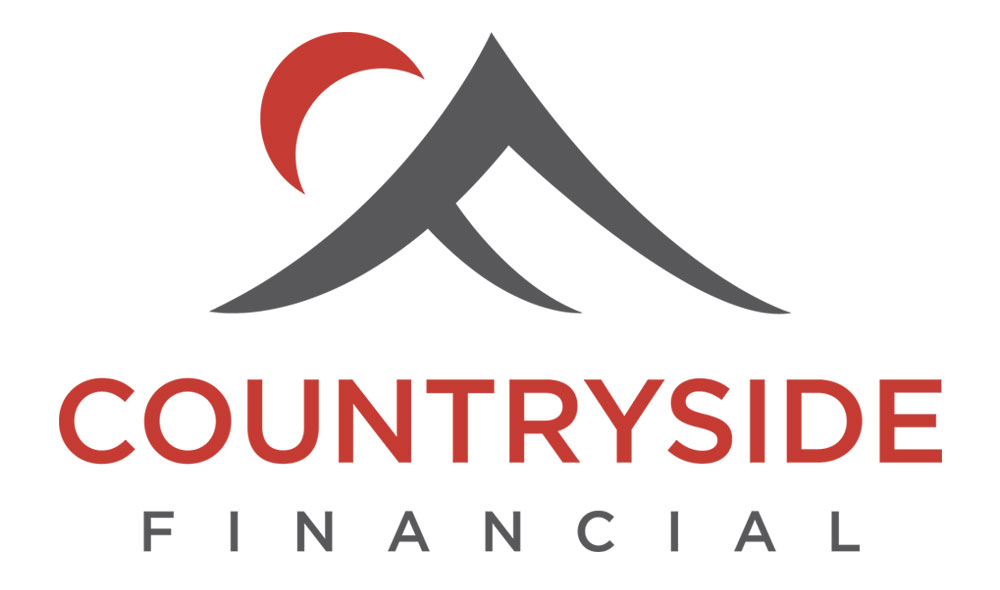Mortgage Do’s And Don’ts
Between the time you receive a mortgage approval and taking possession of your new home, keeping your finances in order is very, very important.
Your mortgage approval is based on many factors including your credit score, current debt ratios, income, and down payment/savings. Something that may seem inconsequential to you could have a major impact on your mortgage approval.
DO get fully approved upfront. The approval (or pre-approval) is issued after you have completed a full application, credit consent, and provided the verification documentation to the broker/lender, and will assure you of a more specific qualification amount and monthly payment.
DO avoid additional credit inquiries or applying for any new credit, which may affect your credit score.
DO continue your savings plan, particularly if your mortgage approval requires you to have additional monies at the time of closing.
DO pay all your bills on time. Just one late payment can negatively affect your credit score and consequently, your mortgage qualification.
DO keep your broker/lender informed of any major life changes including; marital status, change in household income (increase or decrease), etc.
DO pay off debt and keep paying it down. This will help with your debt- ratios (a large part of your mortgage approval). Your broker/lender will let you know if debt must be paid down for the approval. Not adding any new debt is important regardless.
DO keep all of your verification documents close at hand, as they may be re-verified or questioned prior to closing.
DON’T change jobs or become self- employed without first discussing it with your broker/ lender first. Your approval is based on your current job history and income, making a change may affect your ability to qualify for your new home.
DON’T enter any deferred payment plans. This is a popular option when purchasing furniture. Even if the payments won’t start until six months or one year down the road, they show on your credit report and affect your debt-ratio, your credit score, and possibly your approval.
DON’T finance or charge any new debt or co-sign on any loans. New debt — even as a co- signer — will affect your debt-ratio and credit score.
DON’T close any revolving credit accounts, even if they have a $0 balance. This could negatively affect your credit score as it will change your percentage of available credit, credit history, mix of credit and account payment history.
DON’T acquire any NSF (Non- Sufficient Funds / overdraft) fees from your bank. Make sure the funds in your bank account cover everything; mortgage lenders look at these fees as an inability to manage money and a mortgage risk factor.
Candace Perko
Mortgage Broker
Countryside Financial
www.countrysidefinancial.ca























